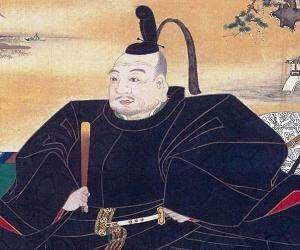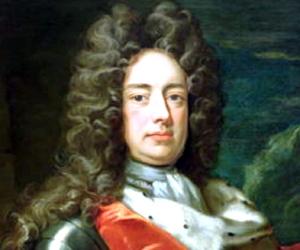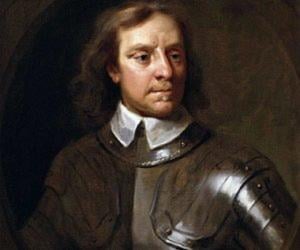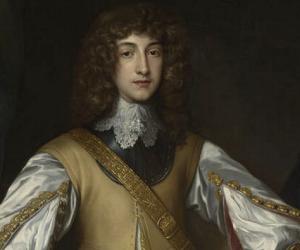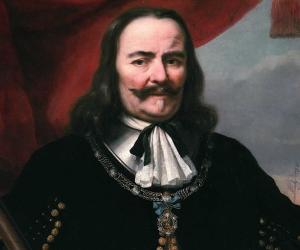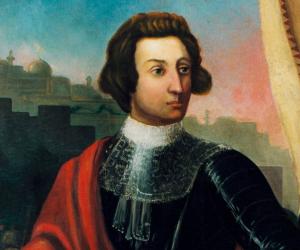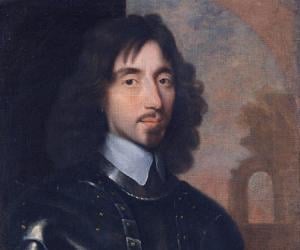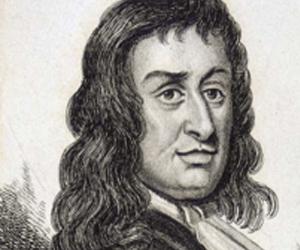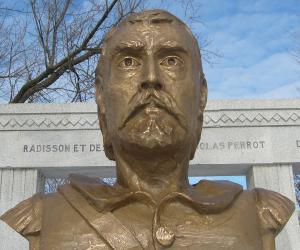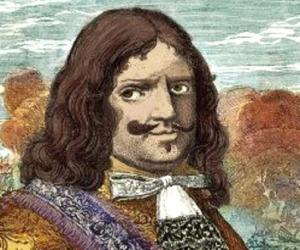Tokugawa Ieyasu was the founder and first shōgun of the Tokugawa shogunate of Japan. He is considered one of the three "Great Unifiers" of Japan. He was the son of Matsudaira Hirotada, a minor local warlord. He grew up to be an ambitious young man with exemplary leadership qualities and eventually founded the Tokugawa shogunate of Japan.
English statesman and soldier John Churchill, 1st Duke of Marlborough was the second son of Sir Winston Churchill and is remembered for his contribution to wars such as the Monmouth Rebellion and the War of the Spanish Succession. He was once imprisoned in the Tower of London for Jacobitism.
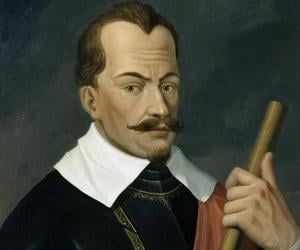
Albrecht von Wallenstein was a Bohemian statesman and military leader best remembered for his role in the Thirty Years' War. During the war, he served as the supreme commander of the armies of Holy Roman Emperor Ferdinand II. By the time of his death, Wallenstein was one of the most influential and richest men in the Holy Roman Empire.
Prince Rupert of the Rhine was a German-English admiral, army officer, colonial governor, and scientist. Renowned for his energy and quick-thinking, Rupert made long-lasting and impressive contributions to the doctrine and development of the Royal Navy. He is also credited with shaping modern Canada's political geography.
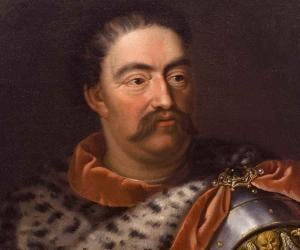
Well-educated and well-traveled, John III Sobieski initially joined the Swedes as a soldier, in opposing Polish ruler John Casimir. He then switched to the Polish side. He gradually rose through the ranks to become a grand marshal and a grand-hetman, and eventually became the king of Poland.
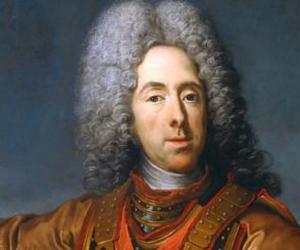
Prince Eugene of Savoy was a field marshal who served in the army of the Austrian Habsburg dynasty and of the Holy Roman Empire. One of the most influential military commanders of his generation, Prince Eugene served three Holy Roman emperors in a career spanning 60 years. Consequently, he played important roles in many battles, including the Battle of Turin.
Michiel de Ruyter was a Dutch admiral best remembered for his achievements during the Anglo-Dutch Wars. An important member of the Dutch Navy during his time, De Ruyter is widely considered one of the most talented admirals of all time. Regarded as a Dutch folk hero, Michiel de Ruyter's life and career inspired the 2015 Dutch film, Michiel de Ruyter.
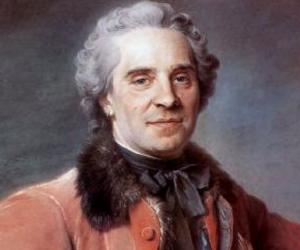
Remembered as the founder of the British colony of Georgia in the US, James Oglethorpe was a renowned British soldier, MP, and social reformer. Educated at Oxford, he initially fought for the Austrian army against the Turks. As an MP, he brought in prison reforms. He was also the governor of Georgia.
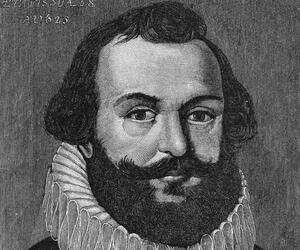
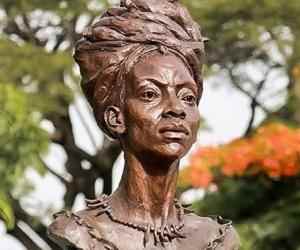
Nanny of the Maroons was a Jamaican resistance fighter best remembered as the leader of the Jamaican Maroons. She led a community called Windward Maroons which fought a war against the British authorities in what came to be known as the First Maroon War. In 1975, she was declared Jamaica's only female national hero by the government of Jamaica.
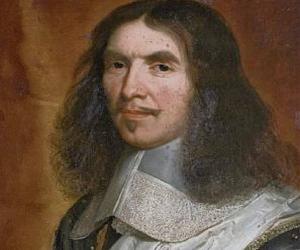
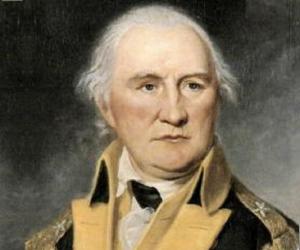
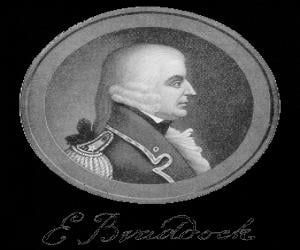
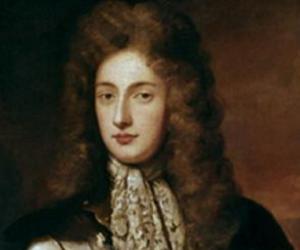
James FitzJames, 1st Duke of Berwick was an Anglo-French military leader. He was an illegitimate son of James II of England, who reigned as the King of England, Scotland, and Ireland from 1685 to 1688. James FitzJames, 1st Duke of Berwick is best remembered for his service as a general under Louis XIV of France.
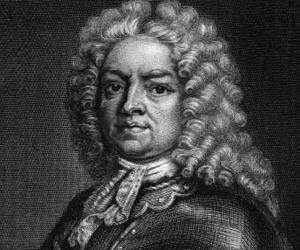
Simon Fraser, 11th Lord Lovat was a Scottish military leader who served as the chief of Clan Fraser of Lovat. A Jacobite, Simon Fraser was among the Highlanders who were defeated at the Battle of Culloden and later sentenced to death after being convicted of treason against the Crown.
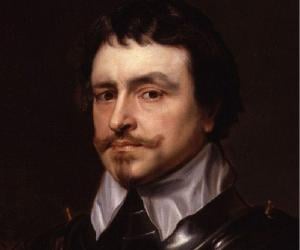
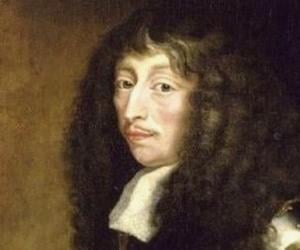
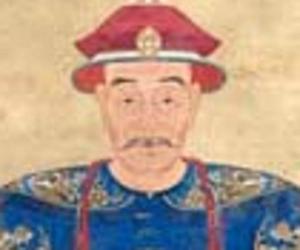
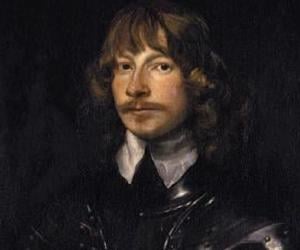
Known as The Great Montrose, James Graham, 1st Marquess of Montrose was not just a Scottish nobleman and military leader but also a talented poet. He won many battles for Charles I but was defeated in the Battle of Carbisdale, following which he was hanged to death in the Edinburgh marketplace.
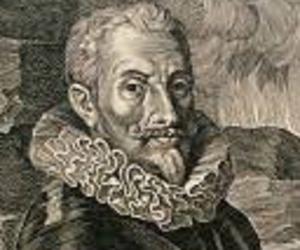
Johann Tserclaes, Count of Tilly was a field marshal who played a major role in the famous Thirty Years' War. A fierce field marshal, Johann Tserclaes had a string of prominent victories from 1620 to 1631 against the Protestants. He destroyed the Protestant city of Magdeburg, so much so that 20,000 inhabitants out of a population of 25,000 were dead.
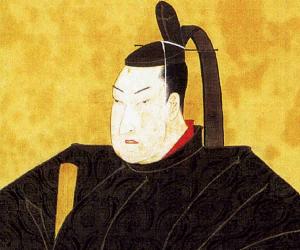
Thomas Blood was an Anglo-Irish officer best remembered for trying to steal the Crown Jewels of Scotland and England in 1671. He is also remembered for trying to kidnap and kill James Butler, 1st Duke of Ormond. His audacious attempt to steal the Crown Jewels inspired the popular board game, Outrage! The incident also inspired the 1934 movie, Colonel Blood.
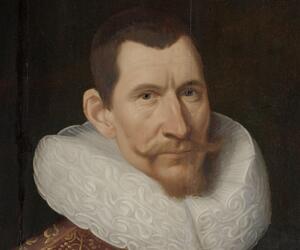
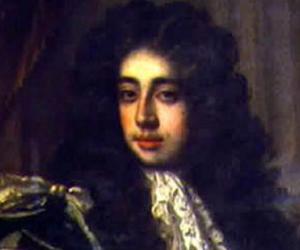
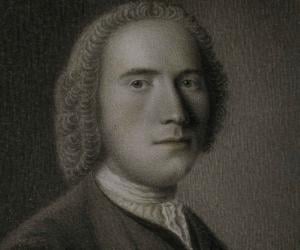

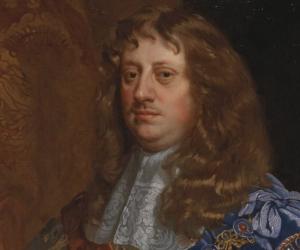
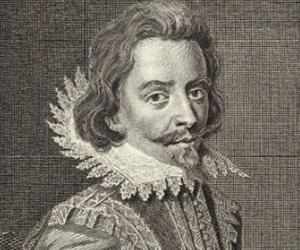
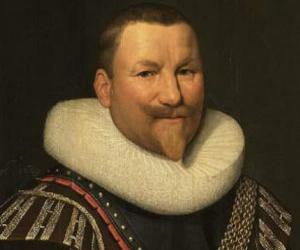
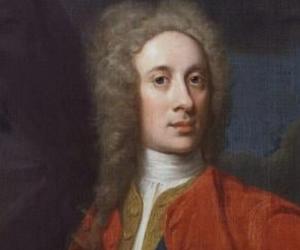

John Felton was a British soldier who served as a lieutenant in the British Army. He is best remembered for assassinating George Villiers, 1st Duke of Buckingham on 23 August 1628. Buckingham was unpopular due to his incompetence and corruption and his murder was rejoiced in England. In 1844, the murder was fictionalized in Alexandre Dumas' novel, The Three Musketeers.
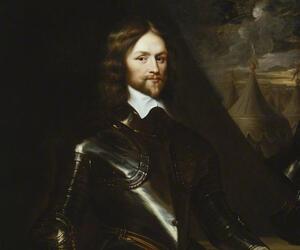
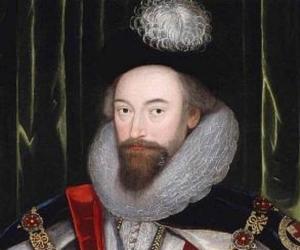
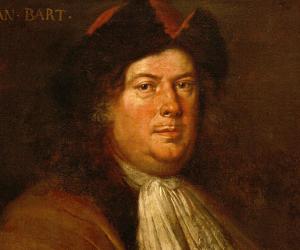
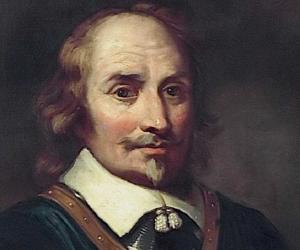
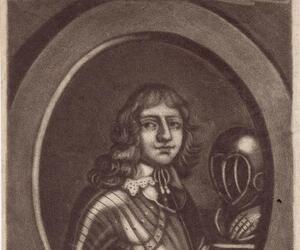
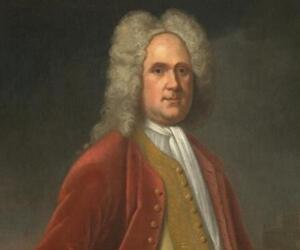
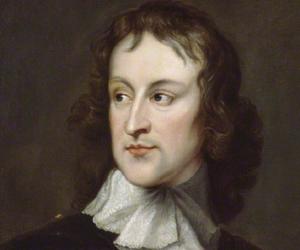
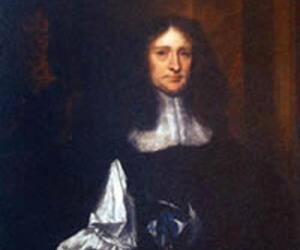
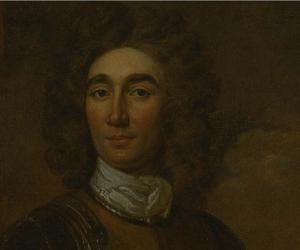
Pierre Gaultier de Varennes, sieur de La Vérendrye was a French Canadian military officer and fur trader. Along with his four sons, he explored the area west of Lake Superior and established trading posts there. The family also helped in the process of adding Western Canada to the original New France territory. He was awarded the Order of Saint Louis.
Henry Morgan was a Welsh privateer who later served as lieutenant governor of Jamaica. He is best remembered for raiding settlements on the Spanish Main. From the wealth acquired through his raids, Morgan became a plantation owner, buying three large sugar plantations in the Caribbean. His life and career inspired several films, such as Captain Blood and Morgan, the Pirate.
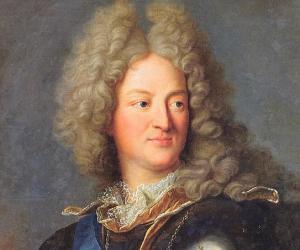
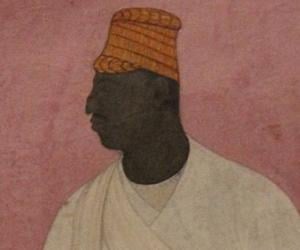
Malik Ambar was a Siddi military leader who served as the prime minister of the Ahmadnagar Sultanate, later serving as its de facto ruler. Brought into India as a slave, Ambar created a mercenary force and pioneered guerrilla warfare. He then went on to found the city of Khirki, which was later renamed as Aurangabad.
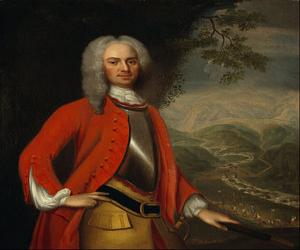
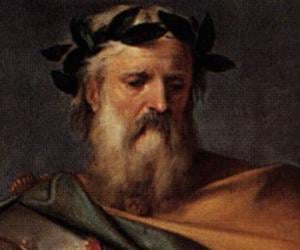
Francesco Morosini served as the Doge of Venice between 1688 and 1694, when the Great Turkish War was at its peak. He also played an important role in the Morean War, during which he captured the Morea, Lefkada, and Athens. Francesco Morosini was responsible for destroying the Parthenon and looting sculptures from Athens, including the Piraeus Lion.
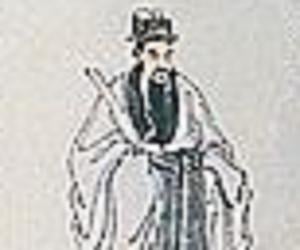
Chinese pirate and Ming dynasty leader Zheng Zhilong was baptized by the Europeans who had employed him as a boy. He was assigned the duty of safeguarding the borders from the Dutch, and later joined the Qing dynasty. He was assassinated for his son’s refusal to submit to the Qings.
